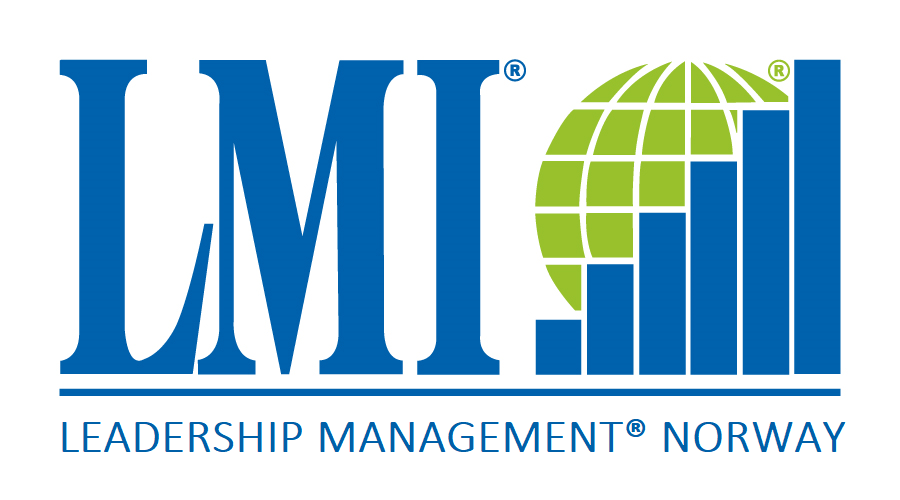Expanding Leadership Through Women
 As the nature of leadership changes from command and control to a supportive and empowering style, managers must learn how to coach and support their staff if they are to be effective.
As the nature of leadership changes from command and control to a supportive and empowering style, managers must learn how to coach and support their staff if they are to be effective.
Supportive leaders listen to people who work with them and seek their ideas. They share the bigger picture and readily disclose information. They enable people to seek their own solutions. When people are encouraged to act on their own initiative it adds value to the product and service.
Leadership is shifting and organisations are struggling with this, but managers have to address it because they need to utilise the skills across their organisations and often have to work with other companies to create a successful project.
Lashings of charisma are not a prerequisite. Everyone has the potential to be a leader and you need the quality at all levels.
Transformational leaders require characteristics such as vision, influencing, a collaborative relationship building style and an attitude that questions assumptions and encourages others to follow suit.
Companies by and large gain added value and a competitive edge through fully utilising the ideas and information of their employees. Whatever the technology, a company will in the global market be distinguished and differentiated by the creativity and enthusiasm of its people.
The business of collecting an organisations intellectual capital will lead to a more open culture.The ultimate goal must be openness about mistakes and what is learnt from them”.
The transformation from the traditional male world of command and control and survival of the fittest to a global marketplace based on knowledge management and best in class customer service, will require more women in leadership positions at all levels in companies. There needs to be a better balance between Intellect ‘Q’ and Emotional ‘Q’ in organisations.
Most purchasing decisions are made by women who, therefore, really understand the requirements of best in class customer service. Again, to be on the receiving end of customer service is an emotional experience. When service is poor, customers become angry and when service is excellent they are happy. These are emotional responses.
There is no doubt that as we move further from the Industrial Revolution into the Information Revolution then the qualities of leadership required will reflect the strength of women.
Companies need more people with passion and integrity and an ability to set clear goals, which can inspire trust in those working for the organisation. At present such people with emotional ‘Q’ skills find it difficult to flourish in command and control cultures still based on the Industrial Revolution model of organising and doing work.
Many companies still refuse to consider a huge pool of talent for top jobs – women executives.
Most companies I come across are often floundering in random activity with no coherent approach and employees are not being “switched” on to deliver a common goal. Companies need to be as systematic towards leadership and people development as they are with their technological, data and IT processes. Softer process skills such as goal setting and reviewing are not generally in-built into a company’s end to end customer delivery process as are the traditional supply chain processes etc.
As with top level sports people, managers also need but rarely get, personal coaching to learn new techniques, gain feedback on their performance and improve their mindset. In sport this is the way in which performance is continually improved to keep up with and beat the competition. The coaches work on improving knowledge, skills and motivation.
And who do we need to expand leadership through coaching? More women. Their innate emotional skills in bringing up families and encouraging achievement are required in the workplace of the information age to redress the deficiency mainly established by men in the industrial age.
This is not to say that men do not make good leaders. Clearly they do. However, there is currently an imbalance of leadership weighted towards men, which still perpetuates command and control rather than building collaborative relationships and expanding leadership through personal example. Organisations are people. People are emotional. Leadership is therefore about dealing with the emotions of people.
At LMI-UK we have all of the necessary leadership and management knowledge and processes through our well tested programmes with over 50 years of experience to bring out in people the attitudes and behaviours that are needed in a Global World that needs leaders with vision, who can inspire their people to be creative, enthusiastic and who want to achieve results through a more collaborative style of leadership.
Our leadership and management development programmes work on the principle that personal development differs from training in that developing people to think and act in a different way is only achieved in small increments over time until the necessary change habits through spaced repetition have reached the stage of unconscious competence
